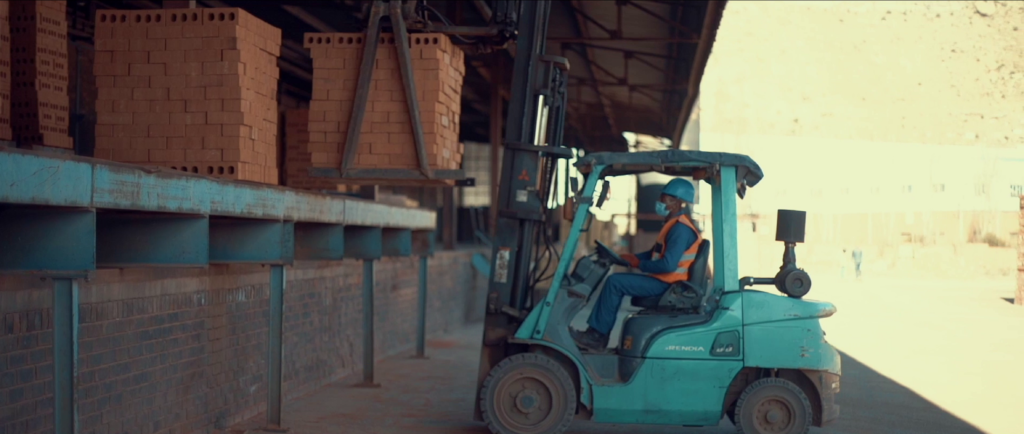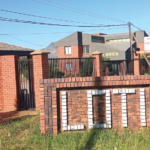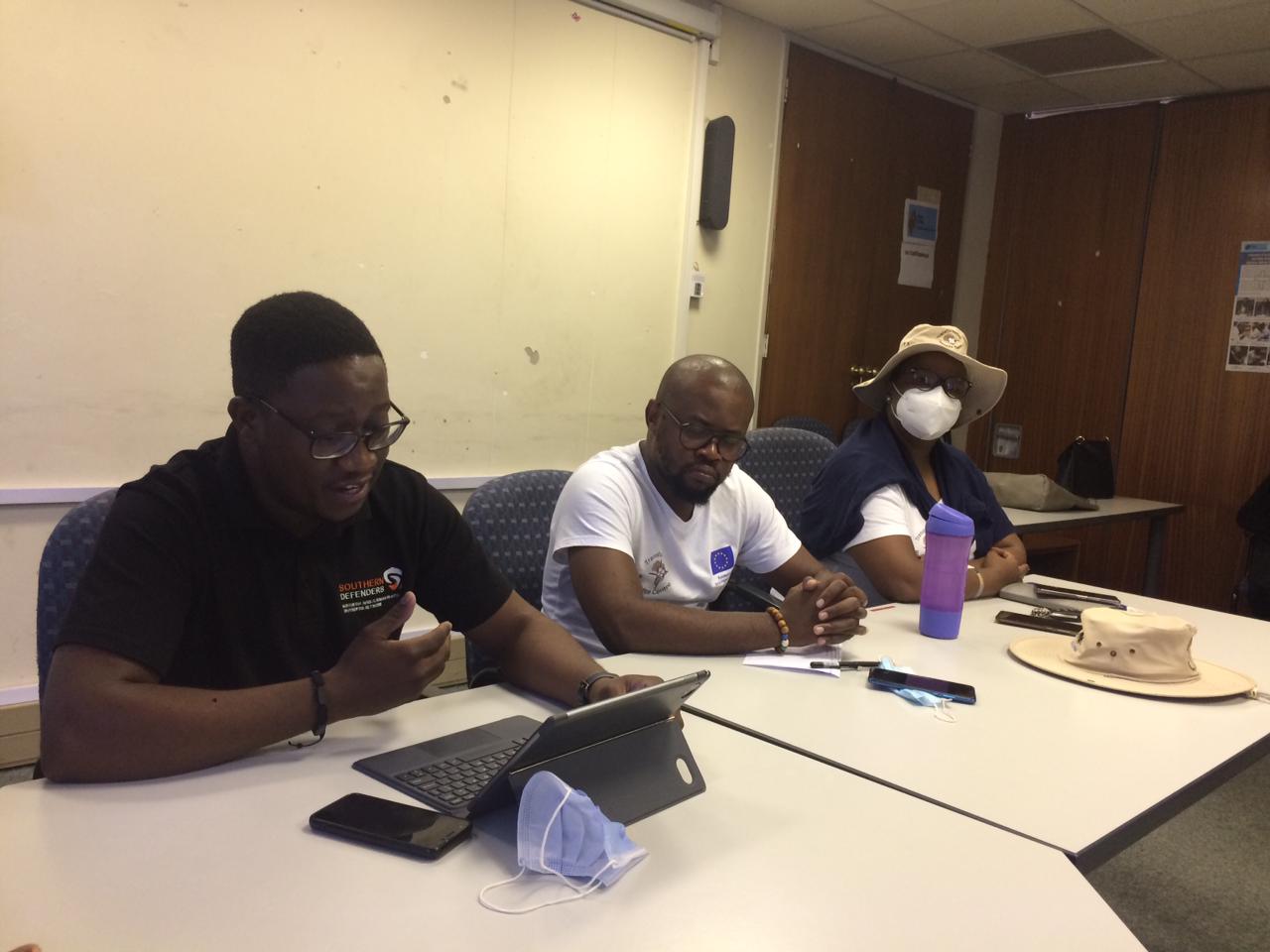… Workers reject layoff without pay
Staff Reporter
Loti Brick, emblematic of the struggles faced by public enterprises in Lesotho, is on the brink of another significant layoff, threatening to send most of its workforce home for three months without pay.
The company, during a recent meeting with workers’ representatives and Managing Director Ramokuebu Lewaneka, cited persistent cash flow problems as the reason behind this decision.
The management attributed the financial woes to inadequate revenue from poor sales. However, workers’ representatives suspect deliberate mismanagement designed to benefit company executives at the expense of the employees.
Bahlakoana Lebakae from the Construction, Mining, Quarrying, and Allied Workers’ Union (CMQ) expressed workers’ anger, noting that the company’s superiors remained unaffected by the layoffs while employees bore the brunt.
“What gets the workers’ gall is the fact that the company superiors always seem immune to the temporary job cuts, under the guise of selling the accumulated stock,” said Lebakae.
“The management’s modus operandi is to force workers to produce excess stock, and then send them home empty-handed, while they stay behind unaffected by the chop.”
Solong Senohe, Secretary General of United Textile Workers (UNITE), highlighted the far-reaching socio-economic impact on workers’ families, proposing layoffs with full pay or using severance packages instead.
“Due to these intermittent layoffs, the workers’ children will face dropping out of school, while female workers could end up in sex work in an attempt to provide for their families. The male workers are likely to get mixed up in criminal activities in their attempt to stay alive.”
“On that basis, we rejected the layoff without pay, and instead proposed for the company to either consider laying off the workers with full pay or pay them from their severance packages upon layoff,” Senohe said.
He said they awaited a response from the company management, with escalation to higher authorities as a potential next step.
“We are really concerned about the continuing worker layoffs at the Loti Brick because we know their harrowing effects on the workers’ wellbeing. What is important is to find a lasting solution for the company’s problems for the sake of everyone. The whole country is still reeling from the effects of the 16,000 job losses in the manufacturing sector since 2022.”
Contacted for comment, Lewaneka was not reachable before going to print last night.
Founded in 1978, Loti Brick is majorly owned by the Lesotho National Development Corporation (LNDC) and the government.
The company employs around 100 workers and produces over a million high-quality clay and plaster bricks monthly. Despite its capabilities, Loti Brick has faced multiple layoffs over the years due to financial instability and market challenges.
Past audits revealed significant financial losses and unpaid loans, exacerbating doubts about the company’s sustainability. The LNDC’s efforts to privatise Loti Brick have so far been unsuccessful.
Financial History and Market Challenges
Loti Brick’s financial woes are long-standing. The 2019/2020 audit reported a M12 million unpaid loan to the LNDC and a cumulative loss of M20 million.
The company posted M 11.9 million loss in the 2015/16 financial year and M9. 4 million loss during the 2014/15 financial year.
“These events indicate a material uncertainty, which may cast significant doubt on the company’s ability to continue as a going concern,” the report said.
In the 2020/2021 audit report, which was published this year, Loti Brick is among several public enterprises that last paid dividends to the government during the 2018/2019 financial year.
The company’s challenges are compounded by competition from more affordable private enterprises and the absence of protective laws for public enterprises in Lesotho.
Efforts to stabilise operations, such as modernising equipment, have yet to resolve the company’s financial instability, resulting in repeated layoffs and operational disruptions.
Summary
- “What gets the workers’ gall is the fact that the company superiors always seem immune to the temporary job cuts, under the guise of selling the accumulated stock,” said Lebakae.
- “Due to these intermittent layoffs, the workers’ children will face dropping out of school, while female workers could end up in sex work in an attempt to provide for their families.
- “On that basis, we rejected the layoff without pay, and instead proposed for the company to either consider laying off the workers with full pay or pay them from their severance packages upon layoff,” Senohe said.

Your Trusted Source for News and Insights in Lesotho!
At Newsday Media, we are passionate about delivering accurate, timely, and engaging news and multimedia content to our diverse audience. Founded with the vision of revolutionizing the media landscape in Lesotho, we have grown into a leading hybrid media company that blends traditional journalism with innovative digital platforms.









